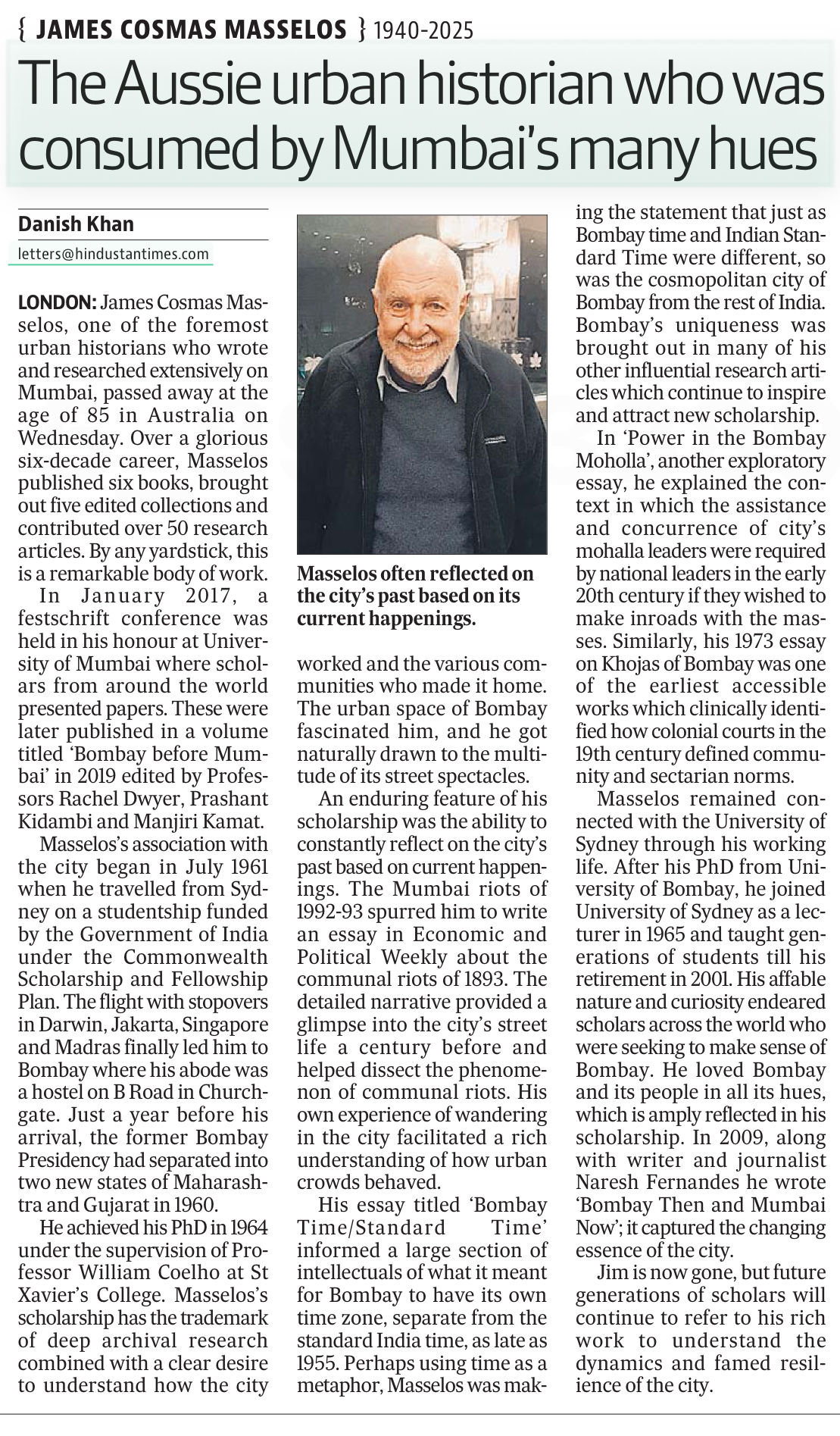JRD Tata and the Politics of Private Dissent
The private correspondence of business leaders with political elites in South Asia has rarely entered the public domain. This absence has left historians with an uneven, often frustrating archival record of how economic power interacted with political authority. Unlike in parts of Europe or the United States, where corporate archives, private papers, and elite correspondence have long been central to historical inquiry, most businessmen in the region have shown little inclination to preserve their records or open them to independent scholarly scrutiny. Even where large industrial houses have established archives, access is often conditional and carefully managed, limiting the scope for critical research. This archival silence has profoundly shaped how the history of Indian capitalism is written. The result is a literature rich in policy analysis and institutional narratives but thin on the everyday exchanges, disagreements, and anxieties through which business leaders engaged the state...









